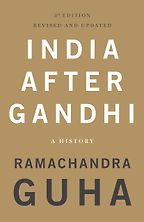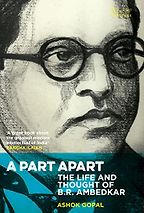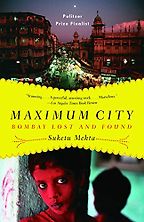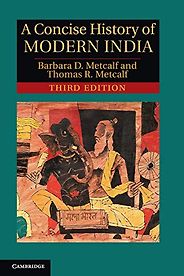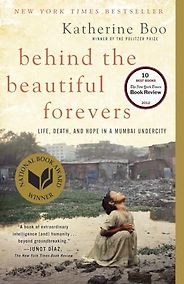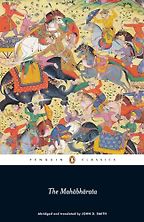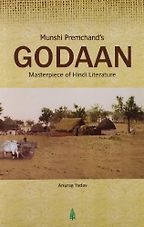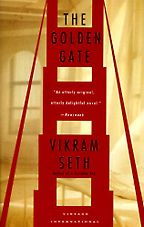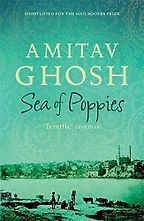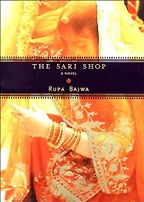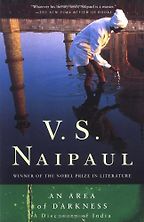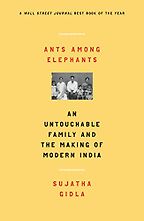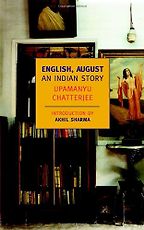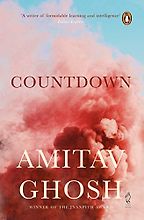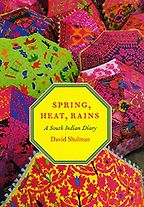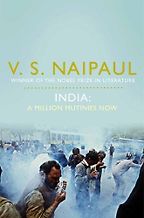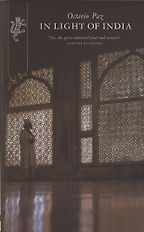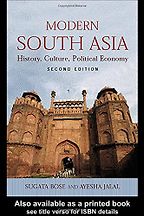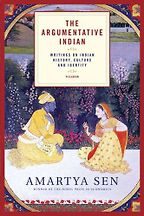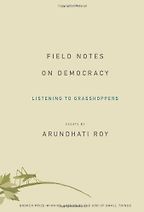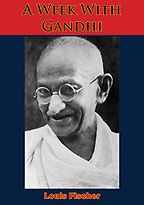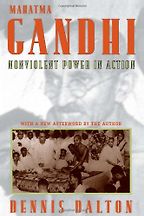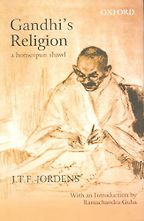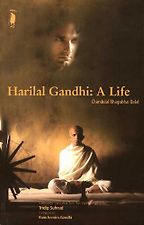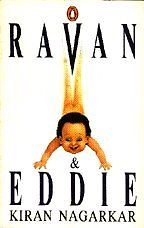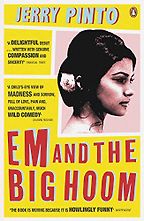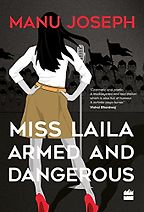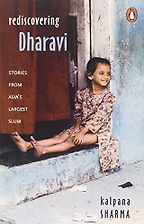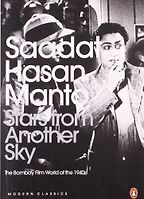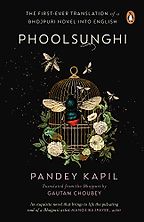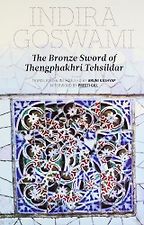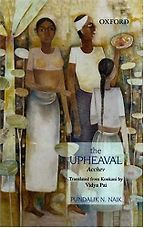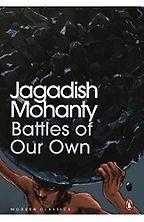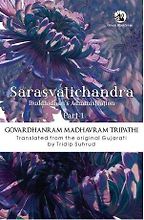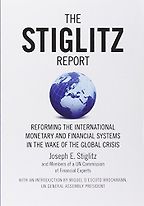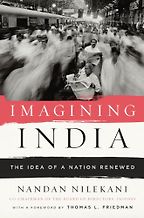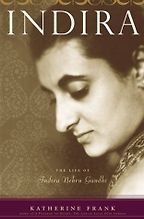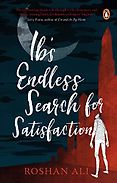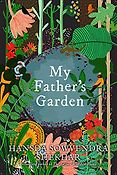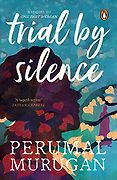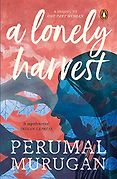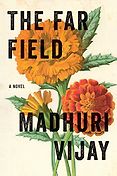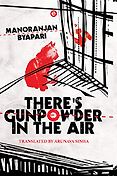Books on India
Last updated: June 08, 2025
The writers Pankaj Mishra and Kapil Komireddi, as well as economists Kaushik Basu and Meghnad Desai, recommend their favourite books on India. Journalist Saumya Roy recommends books about Mumbai.
For a history book, several people we interviewed selected India after Gandhi by Ramachandra Guha as the best introduction to understanding the recent history of the country. Amartya Sen’s The Argumentative Indian is also frequently recommended.
Books by the Nobel prize-winning Indian author Rabindranath Tagore have been recommended many times on Five Books, as have books about India by another Nobel Prize winner, V.S. Naipaul. Indian writers who have been frequently recommended include Amitav Ghosh.
-

1
A Concise History of Modern India
by Barbara Metcalf & Thomas Metcalf -

2
India After Gandhi: The History of the World's Largest Democracy
by Ramachandra Guha -

3
A Part Apart: The Life and Thought of B. R. Ambedkar
by Ashok Gopal -

4
Behind the Beautiful Forevers: Life, Death and Hope in a Mumbai Slum
by Katherine Boo -

5
Maximum City: Bombay Lost and Found
by Suketu Mehta
The best books on Modern Indian History, recommended by Dinyar Patel
The best books on Modern Indian History, recommended by Dinyar Patel
Whether we're thinking about democracy versus authoritarianism, corruption versus good governance, or rich versus poor, there is a lot we can learn from India's recent history, says Dinyar Patel, a historian at SPJIMR in Mumbai. He talks us through some good books on the modern history of a country that has long been the world's largest democracy and is now its most populous country.
The Best Indian Novels, recommended by Radhika Jha
Like all great books, India’s best novels are worth reading not just because of what they show about India, but what they reveal about the human condition. Here Radhika Jha, author of four critically acclaimed books, talks us through five important Indian novels and novelists and explains why it’s so important that fiction isn’t just about personal experience.
The best books on Contemporary India, recommended by Kapil Komireddi
As the world’s biggest democracy, India could be an inspiring example of how a multiethnic, multilingual country with many different religions can come together to form a vibrant state with equality enshrined in its constitution. But all that is in danger of going down the drain, as the country transforms into a brutally exclusionary Hindu-supremacist state under the leadership of Narendra Modi, says Kapil Komireddi, essayist and author of Malevolent Republic: A Short History of the New India. Here, he talks us through how the country got to where it is now and recommends five books that present a “comprehensive picture” of contemporary India.
The best books on India, recommended by Pankaj Mishra
The world’s largest democracy isn’t something that has just materialised in the past 60 years, says the Indian essayist and novelist. He chooses books that illustrate India’s complex history and diverse society.
The best books on Gandhi, recommended by Ramachandra Guha
Gandhi’s peaceful resistance to British rule changed India and inspired freedom movements around the globe. But as well as being an inspiring leader, Gandhi was also a human being. Ramachandra Guha, author of a new two-part biography of Gandhi, introduces us to books that give a fuller picture of the man who came to be known as ‘Mahatma’ Gandhi.
-

1
Negotiating Mughal Law: A Family of Landlords across Three Indian Empires
by Nandini Chatterjee -

2
The Princes of the Mughal Empire, 1504–1719
by Munis Faruqui -

3
Millennial Sovereign: Sacred Kingship & Sainthood in Islam
by A. Azfar Moin -

4
Culture of Encounters: Sanskrit at the Mughal Court
by Audrey Truschke -

5
Writing Self, Writing Empire: Chandar Bhan Brahman and the Cultural World of the Indo-Persian State Secretary
by Rajeev Kinra
The best books on The Mughal Empire, recommended by Richard M. Eaton
The best books on The Mughal Empire, recommended by Richard M. Eaton
The Mughals ruled the Indian subcontinent for three centuries, a multicultural empire that brought together an extraordinary mix of Mongol, Islamic, Persian and Indian practices, religious beliefs and philosophies. Here, historian Richard M. Eaton, a professor at the University of Arizona, chooses some of the best scholarly works on the Mughals that shed new light on how the empire functioned.
The best books on Mumbai, recommended by Saumya Roy
It’s one of the most densely populated, vibrant cities in the world, combining enormous wealth with dire poverty. It’s India’s financial and commercial capital, home to the glamour of Bollywood and the movie industry, but it has somehow managed to defy modernization. Saumya Roy, journalist, author and co-founder of a nonprofit that made loans to the city’s poorest entrepreneurs, recommends her favourite books on Mumbai (aka Bombay).
-

1
Phoolsunghi
by Pandey Kapil, translated by Gautam Choubey -

2
The Bronze Sword of Tengphakhri Tehsildar
by Indira Goswami, translated by Aruni Kashyap -

3
The Upheaval
by Pundalik Naik, translated by Vidya Pai -

4
Battles of Our Own
by Jagadish Mohanty, translated by Himansu S. Mohapatra and Paul St-Pierre -

5
Sarasvatichandra
by Govardhanram Madhavram Tripathi, translated by Tridip Suhrud
The Best South Asian Novels in Translation, recommended by Jenny Bhatt
The Best South Asian Novels in Translation, recommended by Jenny Bhatt
The writer and translator Jenny Bhatt selects five key works of South Asian literature, all historical novels available in English translation, that showcase the richness and diversity of the region’s lesser known languages: from a modernist classic decrying the depradations of the coal mining industry to a ‘loose, baggy monster’ of a Victorian novel exploring utopian ideals.
The best books on The Indian Economy, recommended by Kaushik Basu
Kaushik Basu, Professor of Economics at Cornell and former Chief Economist of the World Bank (2012-2016), says there’s a Gandhian way of evaluating society that takes account of both growth and inequality, and tells us why his job is an anthropologist’s dream come true. He picks the best books to understand India’s economy.
-

1
Ib's Endless Search for Satisfaction
by Roshan Ali -

2
My Father's Garden
by Hansda Sowvendra Shekhar -

3
Trial by Silence
by Perumal Murugan, translated by Aniruddhan Vasudevan -

4
A Lonely Harvest
by Perumal Murugan, translated by Aniruddhan Vasudevan -

5
The Far Field: A Novel
by Madhuri Vijay -

6
There's Gunpowder in the Air
by Manoranjan Byapari, translated by Arunava Sinha
The Best Indian Novels of 2019, recommended by Rana Dasgupta
The Best Indian Novels of 2019, recommended by Rana Dasgupta
India has a thriving literary community working in 22 official languages plus English, says Rana Dasgupta, the literary director of the JCB Prize: a major award for the best new novel by an Indian author. Here, he talks us through their 2019 shortlist.

